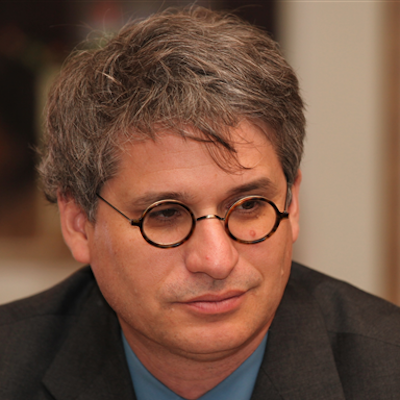LRCCS Tuesday Lecture Series | Qing Water Systems: A Multi-Environmental Perspective
David Bello, Elizabeth Lewis Otey Professor of East Asian Studies, Department of History, Washington and Lee University
The Qing dynasty recognized that its empire’s multi-ecological conditions of water instability – in territories as diverse as the watery lower Yangzi delta and the arid Zunghar basin – precluded a single administrative solution applicable throughout its domains and would only be successful in the unification of Inner Asia and China proper to the extent Qing administration could implement this recognition in the form of regionally-sensitive policies. In this respect, a sustainable Qing empire was an exercise in adaptation to both human and ecological (i.e., “environmental”) conditions and not simply a struggle between competing human interests, often characterized in multi-ethnic terms.
David A. Bello received his PhD from the University of Southern California and is currently Elizabeth Lewis Otey Professor of East Asian Studies in the Department of History at Washington and Lee University. His main research interest is the environmental and borderland history of China’s last dynasty, the Qing (1644-1912). His latest book, "Across Forest, Steppe and Mountain: Environment, Identity and Empire in Qing China’s Borderlands," was published in 2016 by Cambridge University Press in its “Studies in Environment and History” series.
David A. Bello received his PhD from the University of Southern California and is currently Elizabeth Lewis Otey Professor of East Asian Studies in the Department of History at Washington and Lee University. His main research interest is the environmental and borderland history of China’s last dynasty, the Qing (1644-1912). His latest book, "Across Forest, Steppe and Mountain: Environment, Identity and Empire in Qing China’s Borderlands," was published in 2016 by Cambridge University Press in its “Studies in Environment and History” series.
| Building: | Weiser Hall |
|---|---|
| Event Type: | Lecture / Discussion |
| Tags: | Asia, Chinese Studies, History |
| Source: | Happening @ Michigan from Lieberthal-Rogel Center for Chinese Studies, International Institute, Science, Technology & Society, Asian Languages and Cultures |


